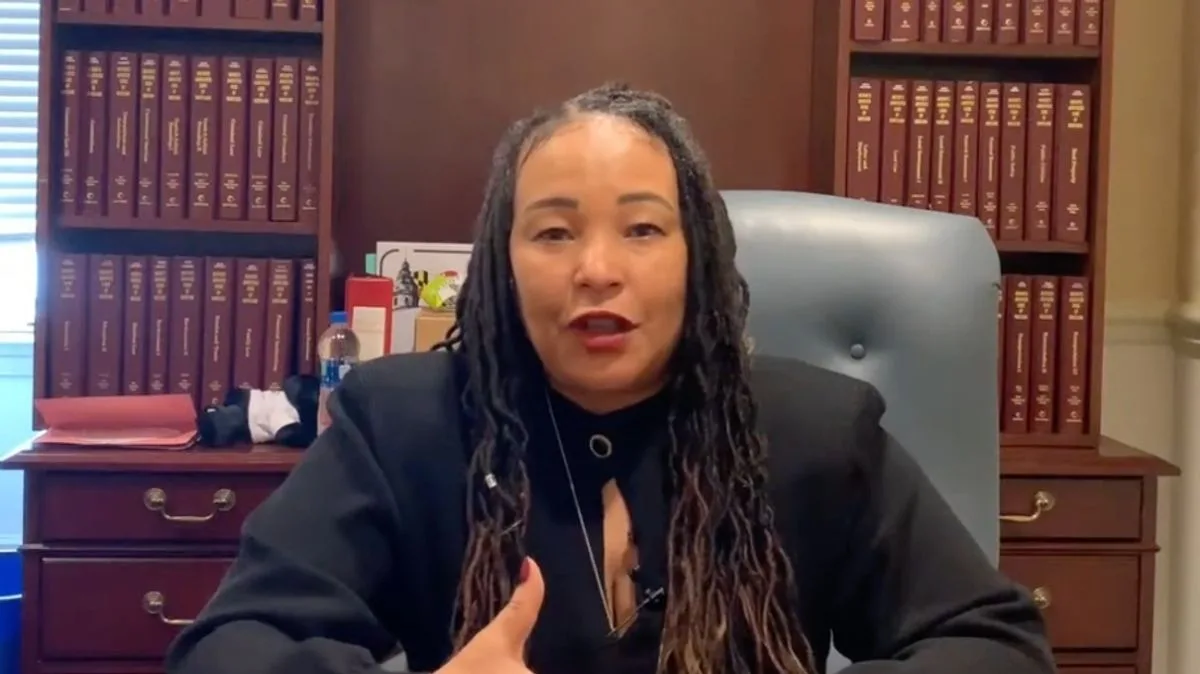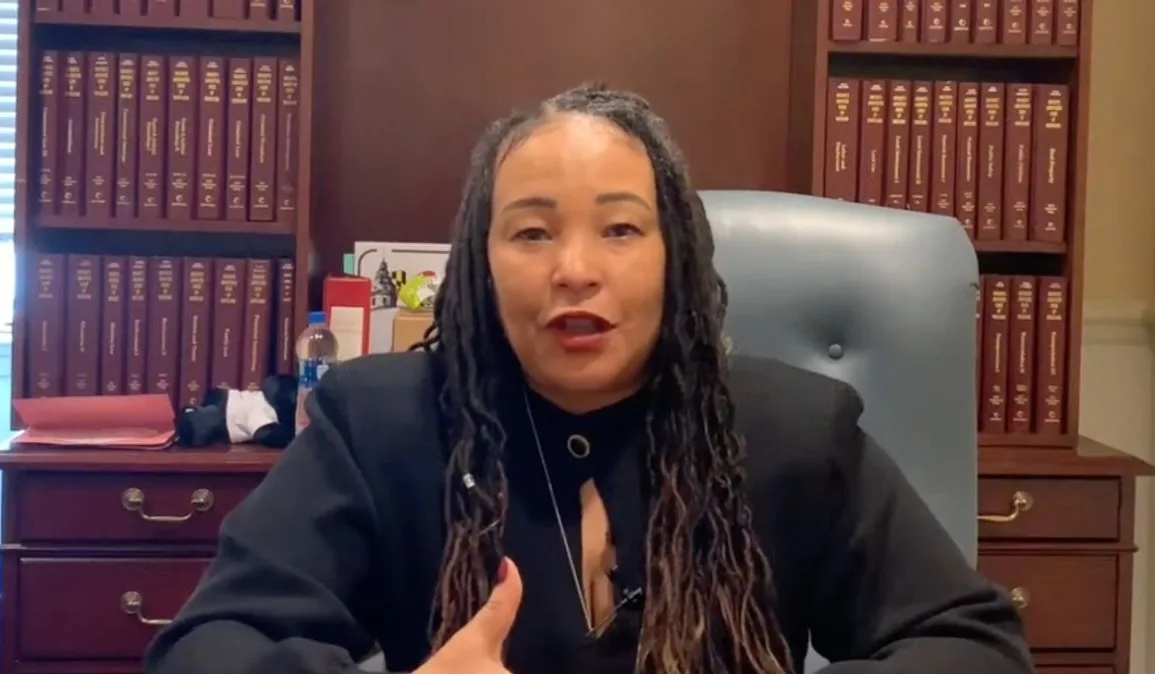
Maryland lawmakers, led by Sen. Jill Carter, D-Baltimore City, are pushing for a significant shift in the state’s tax code to bolster the Community Reinvestment and Repair Fund, a move aimed at addressing historical injustices tied to cannabis prohibition and slavery. In a parallel development, actor Terrence Howard faces a nearly $1 million back tax bill, contesting it on the grounds that taxing descendants of slaves is ‘immoral.’
Legislative Efforts for Economic Justice
Sen. Jill Carter’s proposed Maryland Reparations Act of 2024 seeks to amend the state tax code, introducing an additional income tax rate on net capital gains to increase funding for the Community Reinvestment and Repair Fund. Established in 2023, this fund aims to support individuals and communities disproportionately affected by past cannabis prohibition laws. Carter’s initiative reflects a broader push towards reparative justice, with the fund already earmarked for initiatives aiding low-income groups and areas most impacted by enforcement disparities.
Terrence Howard’s Tax Controversy
Amidst these legislative developments, Terrence Howard’s tax woes underscore the complex interplay between historical injustices and modern fiscal policies. Howard’s stance, challenging the morality of taxing descendants of slaves, adds a personal dimension to the debate on reparations and economic equity. His case highlights the broader discussions within American society about the legacy of slavery and the ways in which it continues to influence current economic and social policies.
Broader Implications and National Conversations
The reparations debate is gaining momentum across the United States, with various cities and states considering measures to address the enduring impacts of slavery and systemic racism. Evanston, Illinois, has already implemented a reparations plan, and federal lawmakers are exploring similar initiatives. These developments, alongside advocacy efforts and legislative proposals like those in Maryland, signal a growing recognition of the need for comprehensive approaches to reparative justice, encompassing economic, educational, and health disparities rooted in historical injustices.
This moment in Maryland, juxtaposed with Terrence Howard’s legal battle, encapsulates the broader national conversation on reparations and racial justice. The outcome of these initiatives could set precedents for how America confronts its past, offering insights into the potential for legislative and fiscal policies to foster healing and equity. As these discussions unfold, they invite reflection on the ways in which society can reconcile with its history to create a more just and equitable future for all its members.


